S.T.A.L.K.E.R. 2: inside the making of Ukraine’s most ambitious video game
Developed under Russian missile strikes and cyber attacks, Ukraine's biggest gaming project is dedicated to the Ukrainian army, with developers defying demands to release it in Russians even as hackers threatened to leak their code.
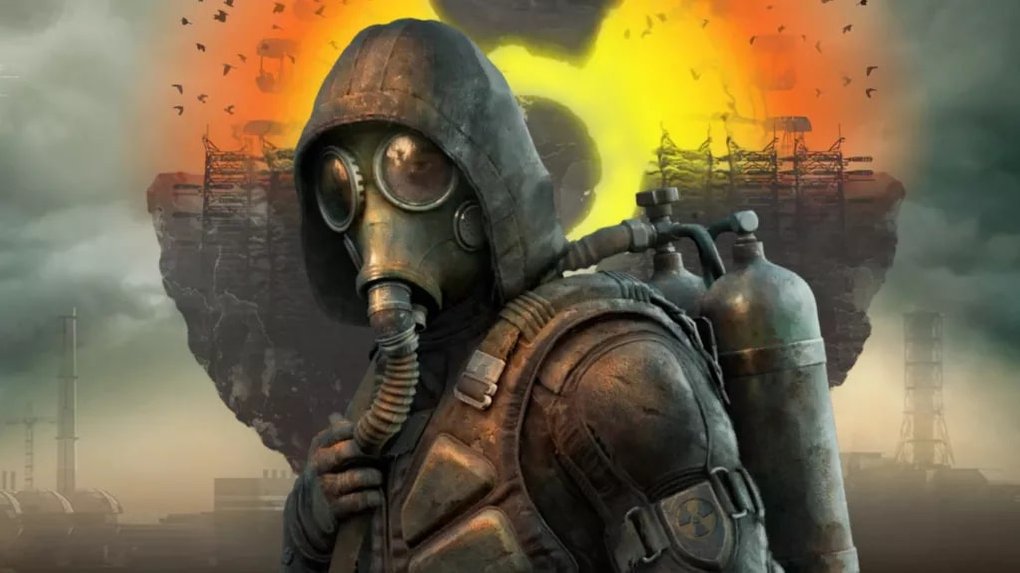

Ukrainian game developer GSC Game World’s S.T.A.L.K.E.R. 2: Heart of Chornobyl has reached one million copies sold within 48 hours of release, marking a pivotal moment for Ukraine’s tech industry during wartime.
The game, which takes place in a fictionalized version of the Chornobyl Exclusion Zone, reached over 117,000 concurrent players on Steam, making it the most successful Ukrainian game on the platform to date, according to Mezha.Media.
Phil Spencer, head of Xbox, expressed high expectations for the game: “The quality is really high, and I’m proud that we’re partnering to make this game. I think it will be on many people’s game of the year lists.”
In a symbolic move of national identity, developers changed the game’s English title from “Heart of Chernobyl” to “Heart of Chornobyl” to reflect Ukrainian rather than Russian spelling. The game was also pulled from the Russian market, with Russian-language voice acting removed, though subtitles remain.
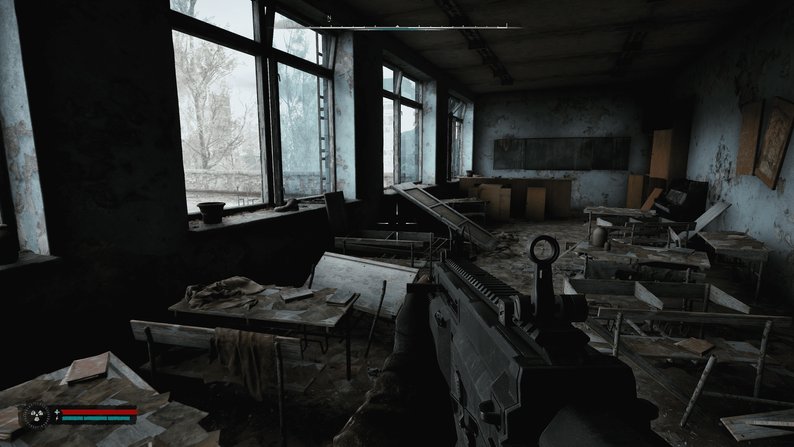
“This game is incredibly important and dear to us, as it’s being created under the most stressful conditions possible,” said GSC Game World CEO Yevhen Hryhorovych. The studio dedicated the game to those defending Ukraine.
Game’s release postponed repeatedly over Russia’s war
The achievement is particularly significant given the extraordinary circumstances under which the game was developed.
Initially announced in 2010 with a planned 2012 release, the project was canceled due to disputes between investors, employees, and intellectual property rights holders. The game remained dormant until 2018, when GSC Game World announced its revival.
The first major milestone came in July 2020 with the release of the debut trailer, followed by a development diary showcasing fighter models and weapons in 2021.
The series of delays began in January 2022, when the original 28 April 2022 release date was pushed to 8 December 2022. Russia’s invasion of Ukraine in February 2022 forced development to pause as the studio relocated and some team members joined the armed forces.
One of the series’ original developers, Volodymyr Yezhov, was killed in action defending Ukraine near Bakhmut in December 2022, underlining the personal cost of the Russian invasion for the gaming industry.
Yezhov, who worked as a game designer on “S.T.A.L.K.E.R.: Clear Sky” and served as the face model for the character “Loki” in the game, joined the Armed Forces of Ukraine after Russia’s invasion in February 2022. Born in Lubny, Poltava Oblast, in 1984, he was a pioneer of Ukrainian game development and esports, known by his StarCraft nickname “Fresh.”
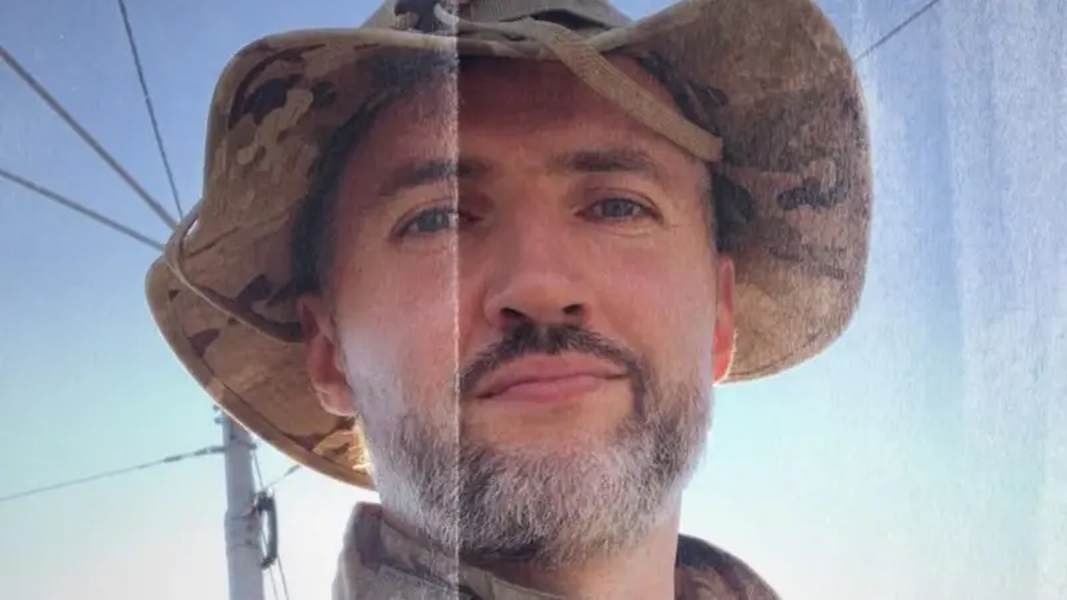
A significant setback occurred in March 2023 when hackers targeted the studio, threatening to release stolen game materials unless Russian voice acting was restored. According to DOU.ua, the developers confirmed the breach but noted the stolen files were outdated and didn’t reflect the current state of the game.
The release date shifted several more times until its final release on 20 November 2024.
Ukrainian cultural elements permeate the game
The latest installment in the S.T.A.L.K.E.R. series makes a bold statement about Ukrainian cultural identity, starting with its deliberate name change from “Chernobyl” to “Chornobyl” to reflect Ukrainian rather than Russian spelling following Russia’s invasion in February 2022.
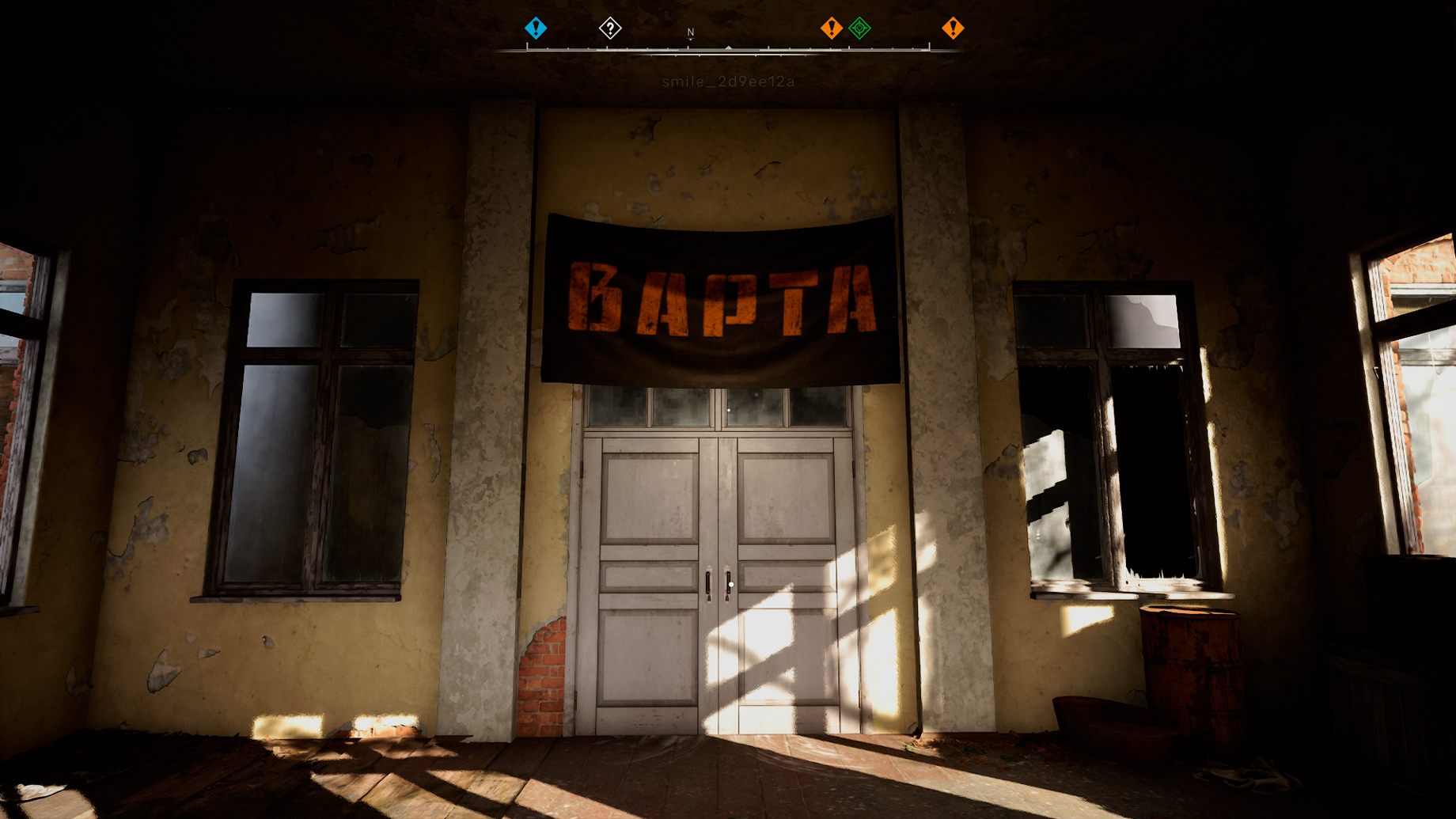
One of the game’s most distinctive features is its Ukrainian music playlist, available at the “Rostok” location where players can take refuge from the zone’s dangers. According to Suspilne Culture, the soundtrack includes a diverse range of contemporary Ukrainian artists:
- Pyratyn with “Kryptochanson”
- Sasha Boole performing “Werewolf UA”
- ZWYNTAR’s “Moonshine”
- HLIBOROB’s “Donbas Blues”
- Jonych’s “No Bananas”
- Hurt Dno and Mukha Mukhych’s “Mustaches are Temptation”
- Anatolii Matviichuk’s “UFO”
- anastymoza’s “Chrysanthemums”
- DK Energetyk’s “East Street”
- The Unsleeping’s “To Live”
- Kurs Valut’s “Nadra”
- Dity Inzheneriv’s “OMG”
The game features full Ukrainian voice acting and localization.
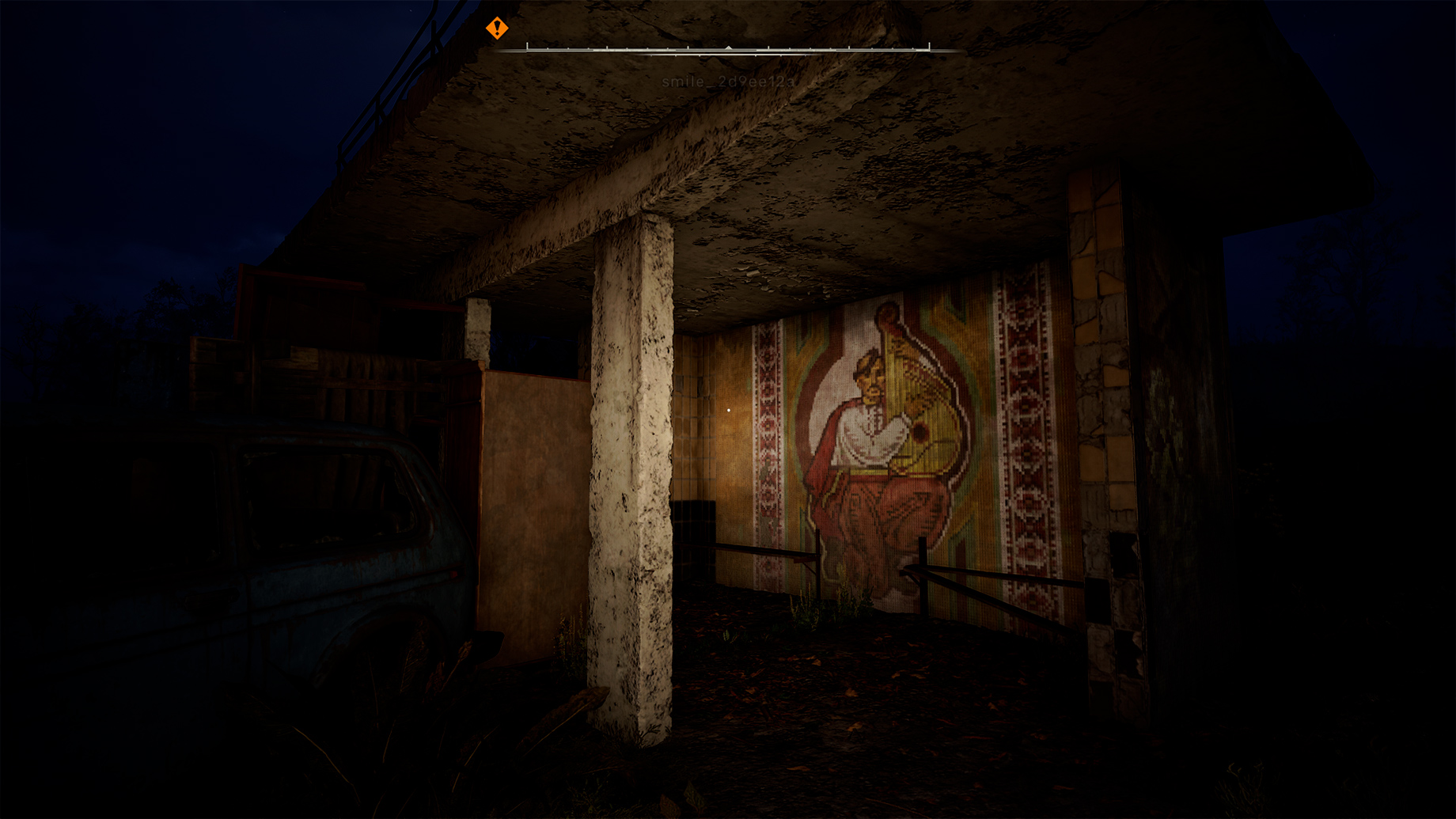
The game’s world is built around Ukrainian locations, with most areas recreated from real places in the Chornobyl Exclusion Zone, a location north of the Ukrainian capital Kyiv that was abandoned following the explosion at the Chornobyl nuclear power plant in 1986.
The map spans over 60 square kilometers and includes 20 major locations that combine historical accuracy with creative interpretation.
GSC Game World’s commitment to Ukrainian identity extends beyond creative choices – the studio has completely withdrawn from the Russian market and removed Russian voice acting from the game. The game has been dedicated to those defending Ukraine during the ongoing war.
Inside the Zone: The gaming experience of S.T.A.L.K.E.R. 2
S.T.A.L.K.E.R. 2: Heart of Chornobyl offers players an immersive survival experience. According to DOU.ua’s review, the main story takes approximately 40 hours to complete and features four distinct endings, with the game’s script containing over 350,000 words.
The gameplay centers around the protagonist, Skif, whose journey begins with a mysterious artifact creating a huge hole in his apartment. This leads him into the Zone, where he must navigate both supernatural and human threats. The game combines elements of first-person shooting, survival horror, and role-playing mechanics.
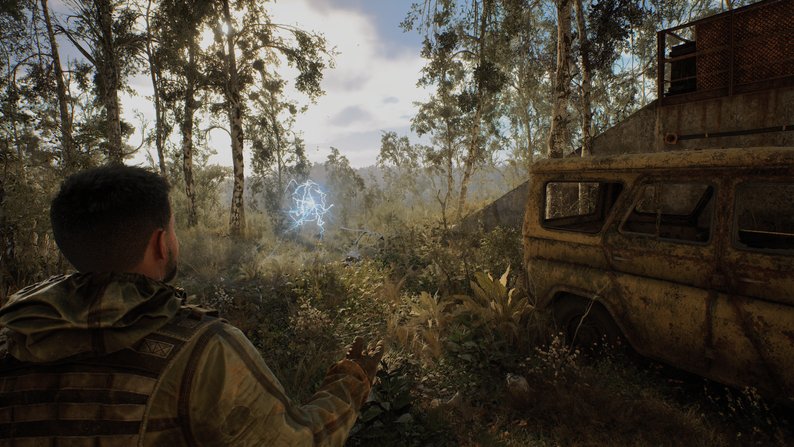
Combat and Survival Mechanics Players face challenging combat scenarios against both human opponents and mutants. According to reviewers at DOU.ua, fights are “difficult and uncomfortable,” requiring careful planning, resource management, and tactical thinking. The game features approximately 35 different weapons that can be modified and upgraded through specialists found throughout the Zone.
The survival aspects are particularly demanding. Players must manage their stamina, which affects everything from running to melee attacks. The system is notably unforgiving – carrying too much weight severely impacts movement, and the game enforces a strict 100-kilogram carry limit.
Environmental Challenges One of the game’s standout features is its radiation system. “This is one of the best mechanics in the game,” notes DOU.ua’s reviewer, describing how radiation affects both gameplay and visual presentation, with white spots appearing on the screen to simulate radiation particles hitting the player’s vision.
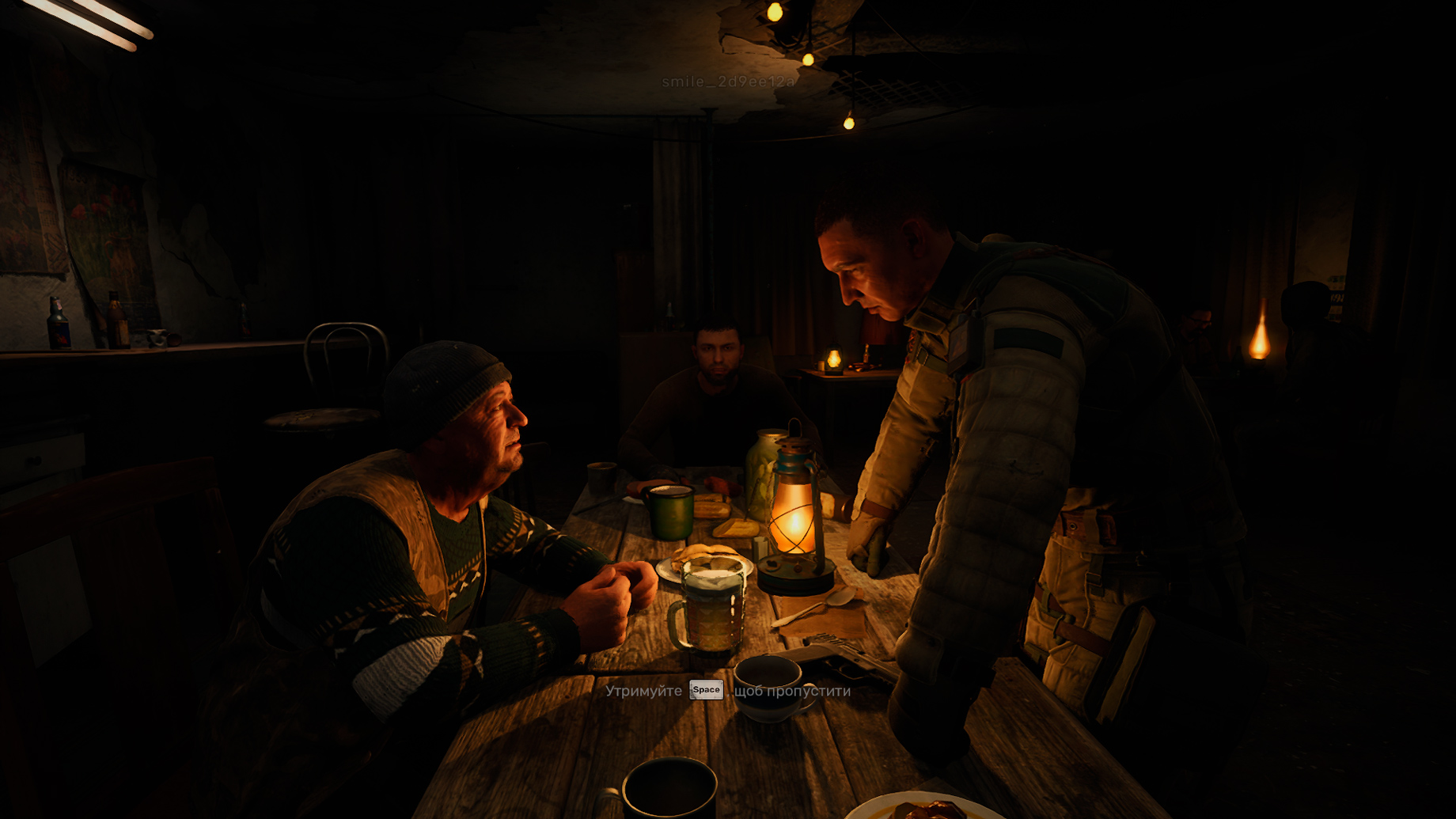
The Zone itself is filled with various anomalies – from gravity distortions to electrical hazards and flame geysers. These environmental dangers require careful navigation and add to the game’s atmospheric tension.
Technical performance, Early players report varying experiences with the game’s technical performance. Frame rates can range from 30-60 frames per second in the open Zone but may drop significantly in certain locations. Some players have encountered animation issues and sound bugs, though developers are actively working on improvements.
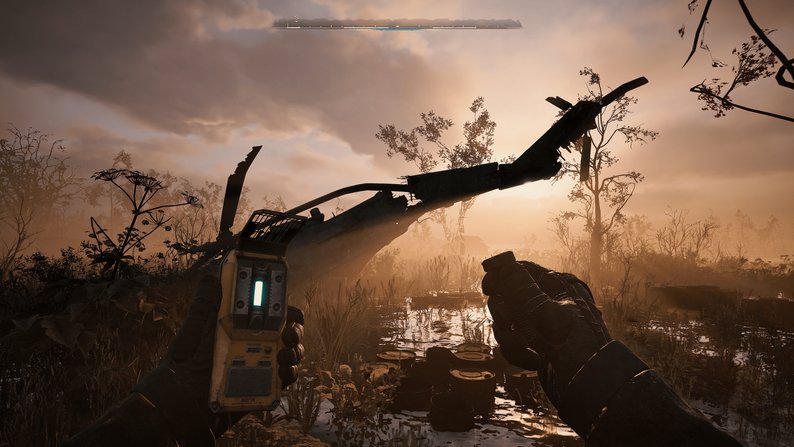
Atmosphere and World Design. The game features 20 major locations, most based on real places within the Exclusion Zone but creatively interpreted for the game world. Players can find refuge at locations like “Rostok,” where they can rest and listen to Ukrainian music through an in-game radio.
DOU.ua’s review notes that the world is “rich with silent tragedies in the background and traces of stalker activity,” creating an environment that compels players to explore with phrases like “okay, it’s 1:30 AM, but just fifteen more minutes; I’ll just grab this one artifact.”
How S.T.A.L.K.E.R. captured the gaming industry
The original S.T.A.L.K.E.R. series, created by Ukrainian studio GSC Game World, became a cultural phenomenon when it debuted in 2007 with “S.T.A.L.K.E.R.: Shadow of Chernobyl.” According to RBK-Ukraine, the game captivated players with its unique blend of survival horror, role-playing elements, and open-world structure set in an atmospheric environment.
The game took place in a fictionalized version of the Chornobyl Exclusion Zone, where supernatural forces and dangerous anomalies have warped the region. Unlike many games of its era, S.T.A.L.K.E.R. didn’t hold players’ hands with linear objectives or unskippable tutorials. Instead, it embraced the unpredictability of its world, allowing players to roam abandoned cities, fight terrifying mutants, and search for mysterious artifacts at their own pace.
The series continued with “S.T.A.L.K.E.R.: Clear Sky” in 2008, which Volodymyr Yezhov helped design before his death defending Ukraine in 2022. The franchise gained international popularity, particularly influencing later games in the genre, from Fallout to The Witcher. The original game introduced innovative AI behavior where NPCs could react to players unpredictably, making each encounter unique.
The game’s mechanics, such as the detailed day-night cycle, dynamic weather, and realistic ballistics, set new standards for gaming realism at the time. It helped put Ukrainian game development on the global map and provided significant financial benefits as the series gained international popularity.

